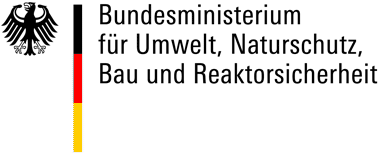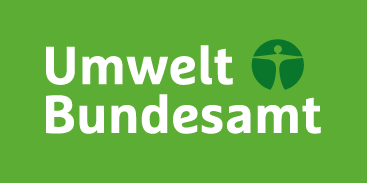Capacity Building for Local water Management in the republic of Moldova
The Republic of Moldova is facing major challenges regarding water management of its rivers: While well-functioning, sustainable and eco-friendly water management would be essential, in particular for the country’s agricultural production, it is missing in most of the cases. Especially smaller river basins are severely polluted and face the thread of ecological breakdown from anthropogenic impacts. Water management plans that could effectively address this issue are rare.
The association agreement between the European Union and the Republic of Moldova of June 2014 comprises, amongst other topics, the field of water management and and includes the aim of a gradual fulfilment of the requirements of the European Water Framework Directive (WFD).
Moldovan regulations based on the WFD however show a delivery gap in implementing. Moreover, according to the Moldovan constitution, the competence to develop detailed sub-management plans for tributaries (which are necessary for effective water management) lies with the local authorities who are also responsible for putting the water regulations into practice. Especially for the local authorities the practical implementation of the complex water regulations poses an immense challenge: Both the implementation of the legal regulations and the multitude of necessary preparatory measures – e.g. data collection – are very difficult to manage without external support.
Therefore the project aims at strengthening both local authorities and civil society in the field of water management and to thereby contribute to a permanent reduction of environmental impacts in the Republic of Moldova. The main goal of the project is to support local authorities in the implementation of water regulations through capacity building. The objective of the exchange with experts from Germany, both from the administration and national environmental NGOs, is to enhance transnational collaboration and to learn from experiences that have already been made during the implementation the WFD. In order to achieve these goals, the project takes five concrete measures:
- compiling national codes of practice for the implementation of water regulations
- compiling a guideline for local authorities and eNGOs (environmental non-governmental organizations)
- compiling an information brochure for the general public on the environmental condition of Moldovan tributaries
- instituting a river basin council for Baltata River
- training workshops for representatives of local authorities and eNGOs
Duration
08/2016 – 11/2018
Cooperation partner
Funded by
Federal Ministry for the Environment, Nature Conservation, Building and Nuclear Safety (BMUB)
and
German Environment Agency (UBA)
Contact
Karl Stracke (e-mail: karl.stracke@ufu.de)




